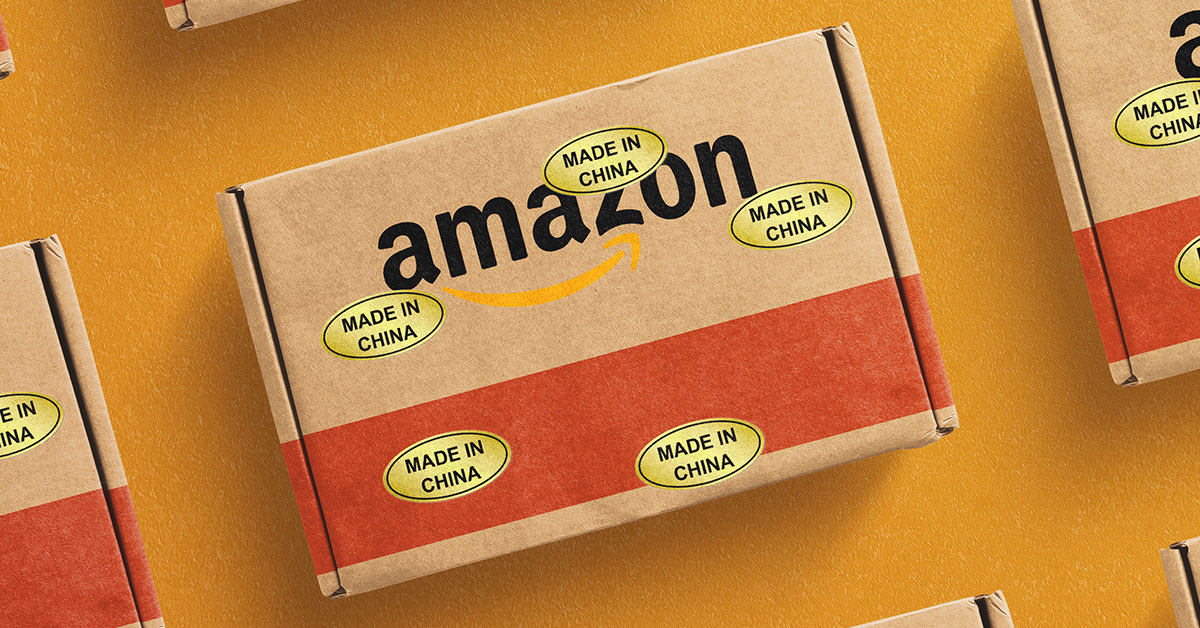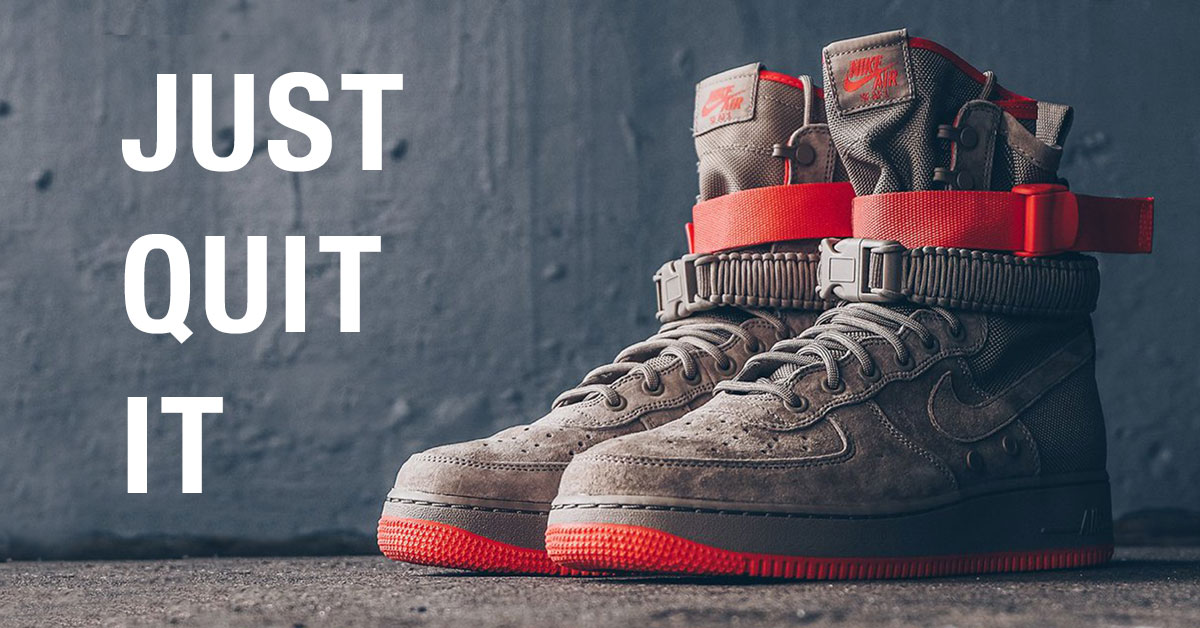Nike is just ‘tip of the iceberg’ of companies ditching Amazon
Nike’s decision to stop selling merchandise to Amazon is the start of brands opting to go directly to consumers, says internet entrepreneur Tim Armstrong.
“The direct-to-consumer movement will be the replacement for the retail issues and commerce issues that are going on because of the platforms,” Tim Armstrong told CNBC on Friday.
“If they have the option to go direct, they are going to go direct,” said Armstrong, former CEO of AOL and ex-Google ad chief. Brands are often fearful that by partnering with Amazon they will lose control over how they’re represented on the site.
Nike confirmed to CNBC that a pilot program, launched in 2017, to sell a limited product assortment to Amazon, in exchange for stricter policing of the Nike brand on the platform, will end. Nike said it’s shifting focus to its direct-to-consumer business.
Direct-to-consumer is “another megatrend starting,” said Armstrong, whose company invests in brands that sell directly to consumers.
Armstrong’s optimism toward the growing industry echoes sentiments from analysts, who said this week that they believe other retailers will follow suit after Nike’s announcement.
More Amazon news

Unsafe products on Amazon mostly come from Chinese sellers
Amazon recruits more Chinese sellers and puts consumers at risk The Wall Street Journal takes a look at the rising number of Chinese sellers on Amazon and the problems they make The percentage of China-based sellers directly supplying products on Amazon...

Amazon launches free shipping to Israel
Amazon offers free delivery service in Israel Amazon launched free international shipping to Israel on Monday, and also unveiled a comprehensive Hebrew-language version of its website. According to Amazon, international orders “with at least $49 of...

How Amazon Rigs its “Buy Box” Algorithm
Amazon uses “Buy Box” algorithm to its own advantageFor Amazon sellers winning the “Buy Box” is everything. While Amazon says it’s a neutral arbiter, there is ample evidence that the company uses its algorithm to deliver outcomes that further its own...


